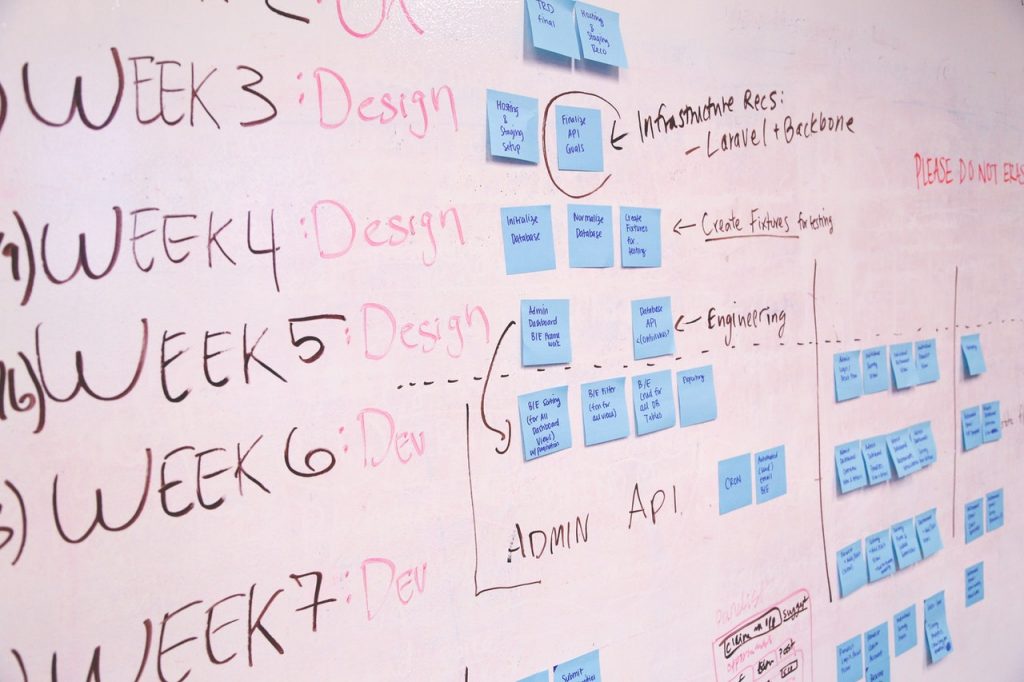By Cidee Despi, Project Manager
Project management is no easy task. As the person responsible for the end-to-end delivery of a project, you have to be prepared to encounter all sorts of challenges. Here, we have outlined three of the most common hurdles you will encounter and ways to overcome them.

Photo by Startup Stock Photos from Pexels
- Shifting schedules
One of the first few things a PM has to do is to craft a realistic timeline. This, depending on the size of the project, may not be an easy task. It takes a lot of effort to understand each aspect of the project and get all stakeholders’ buy-in. However, more often than not you will realize that the timeline you had thought of may not be adhered to. What do you do then? Do you re-make your Gantt chart at every turn? Call on a meeting each time there’s a delay?
Fret not! Shifting schedules is just part of the game–and it’s not always a bad thing. So step back, keep yourself calm, and pull out those work plans.
First, take a good look at your original work plan and identify potential weaknesses. Do you think you could make your effort estimations more accurate? Or perhaps your timeline as a whole could use a little bit of tightening up. Take some time to finetune things now that you have a better understanding of the project.
Then, identify dependencies. Ask: which tasks are dependent on the completion of other tasks? Is there a way to minimize these bottlenecks? It is best to have an understanding of these relationships at the start so you have better control of the project.
Finally, communicate the new timelines with your stakeholders–from your resources to line managers and external stakeholders. Make sure to get everyone on the same page so every team member has accountability over maintaining the timeline.
- Persistent miscommunication
Did your project partner say you had an agreement that you just cannot recall? Do you find yourself constantly reminding your team of the project details? If you seem to be spending more time rehashing discussions instead of acting on decisions, then maybe you can improve your communication.

One of the key habits you have to develop as a PM is the consistent documentation of meetings, agreements, and other discussions. It may seem like strenuous work now, but these things come handy in the future. As long as you have it documented (and the document shared with the stakeholders), then everyone in your team will always be kept in check.
What do you do if you find yourself mid-project without proper documentation? Then you start. Get everyone in a meeting with your stakeholders and discuss each misunderstanding point per point in a structured manner. Make sure that you reach agreements or, if not, make plans to address the parked items. After, send everyone your meeting notes and get them to sign-off on it. From there, make sure you continue this practice until post-project discussions.
- Unclear scope
Sometimes, you get handed a project brief that makes you ask more questions. There will also be occasions when you engage with a client or stakeholder who seems to have little idea as to what they want to do. When this happens, you are responsible for driving the conversation forward and ensuring that each of you, including yourself, proceed to project planning fully equipped for success.
Remember: project management requires a full understanding of the project, so don’t be shy and learn how to ask the right questions. You can start with the simple questions below:
- Who are our stakeholders and target audience?
- Do you have a target deadline?
- What do you want to achieve with this project?
- What are the technical requirements that we need to prepare?
After the meeting, we go back to point two: you document. You prepare a report (inception report or scope of work statement) that details your agreements. As always, share it with your stakeholders and get everyone’s buy-in. Often, when they have the plans comprehensively laid out, they’ll start to realize what they want.
Looking for an experienced project team to handle your communications, visibility, and knowledge management needs? Our team at ASSIST CreativeLab is committed to helping you fulfill your development initiatives.






